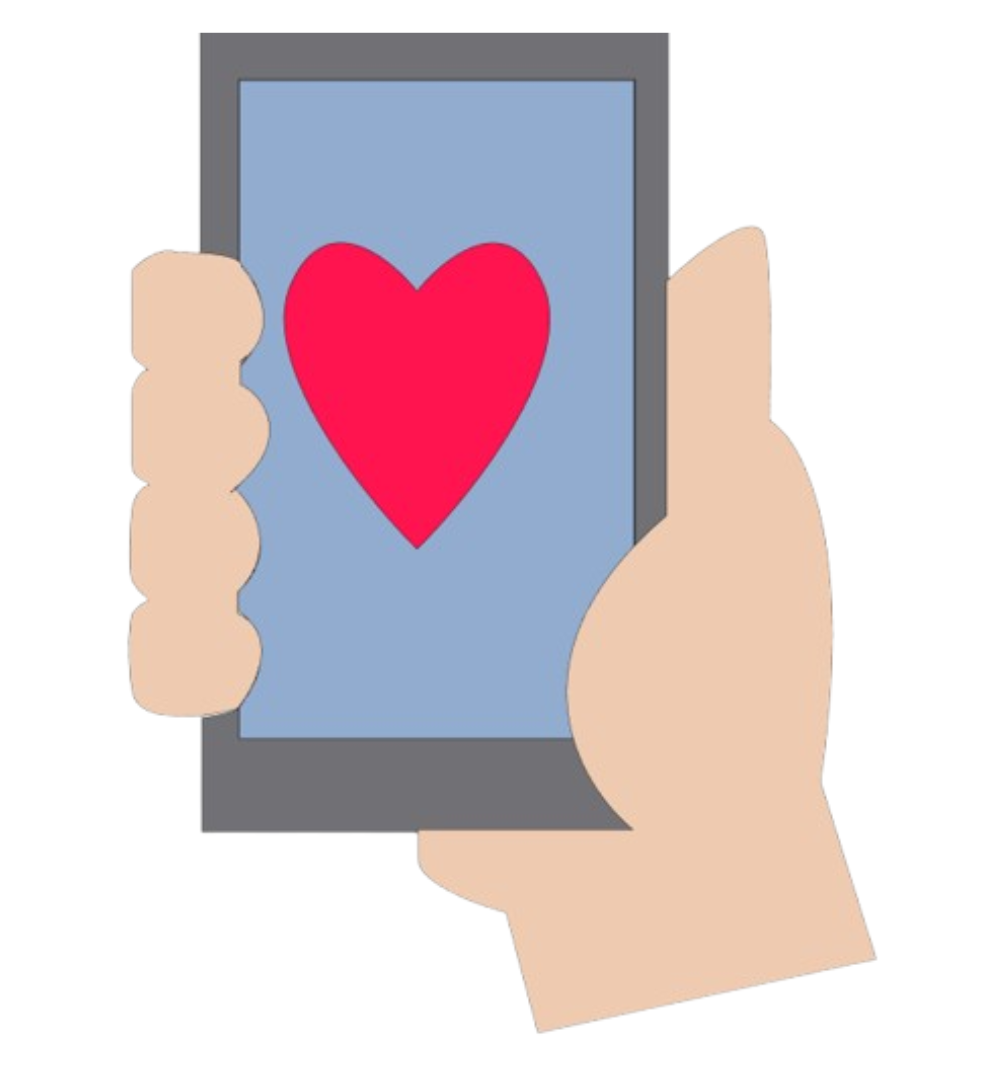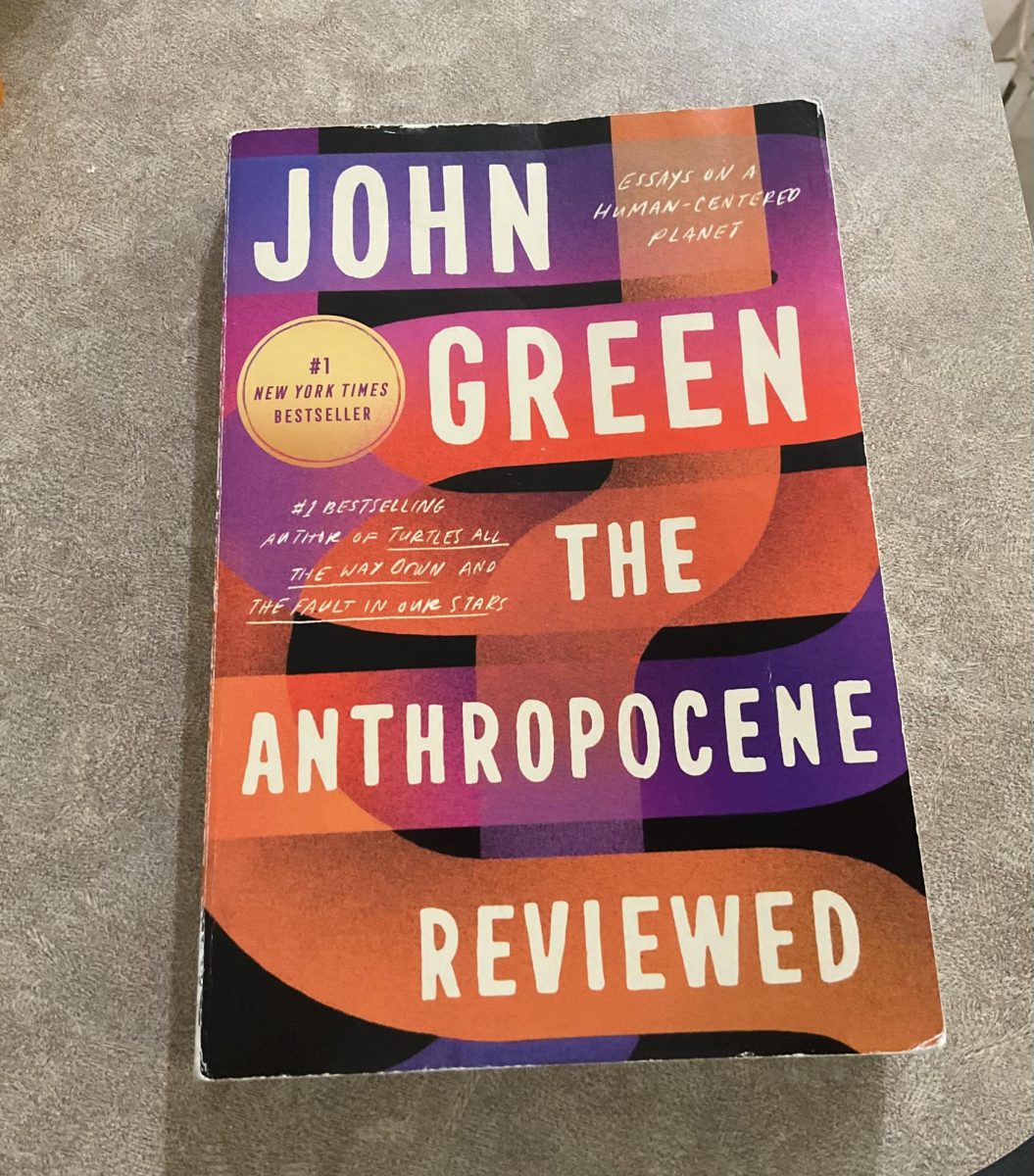In our digital age, social media platforms like TikTok, Instagram, and YouTube have revolutionized the way we consume content, introducing us to a new wave of influencers.
Due to social media’s accessibility, the individuals who create this content have rapidly become a source of inspiration, comfort, and even community for many viewers. The 15-second videos on these platforms keep people engaged as they mindlessly scroll through their phones for hours, swipe after swipe, tap after tap.
We watch the lives of others endlessly on our phones each day, living through their seemingly perfect worlds. We spend hours staring at influences through a screen, watching as they paint pictures of their realities, wishing we were them, and fantasizing about the possibility of our own lives.
The allure of influencers lies heavily in their ability to realize and capitalize on many users’ specific interests. There is an influencer for just about anything, from dancing to beauty to gaming, making it easy for us to gravitate toward those who share similar interests to us. As a result, many of us have begun to view influencers as our role models—or even friends—finding tranquility in the perfect worlds they portray.
It has become common for us to view influencers as role models or friends because they share personal stories and their everyday experiences. We have replaced real social interaction with social media. Influencers have given us an escape from the stress of the real world as we look at their lives to distract us from what is true and ours.
However, the lives we see are only those shown to us. Influencers do not live the plastic lives we see each day. They are not always happy or perfect. We constantly look at these people through clouded vision, unable to comprehend that their glossy lifestyles are not real and that we are only seeing the online life they have created.
Influencers tend to only share the best moments of their lives, making them seem untouchable, but it makes us feel like our lives could never compare. It is common for us as human beings to compare ourselves to others; when we see influencers living their “perfect” lives, it can trigger a sense of self-doubt and other negative feelings towards ourselves.
Numerous studies have reported that consuming influencer content directly affects how we behave and act because of our faith in influencers. Heather R. Hayes and Associates Inc. states more specifically that “this can be particularly dangerous to physical or mental health, as influencers work full-time to achieve a specific and desirable body image and lifestyle that are largely unattainable to most viewers.”

When we are constantly exposed to the “ideal lifestyle” of influencers, it is natural for us to succumb to the trap of comparing ourselves to others. This repeated comparison can lead to lower self-esteem and feelings of inadequacy. Numerous studies have shown that overuse of social media is correlated with increased levels of depression, anxiety, and body dissatisfaction. Because the gap between real life and glossy influencer personas is so large, it can make people insecure about their own lifestyles and feel as if they are not living up to societal expectations.
Influencers have a significant amount of power over their followers. They can create trends and influence behaviors and attitudes. Although many influencers use their influence to convey positive messages, others convey negative ideas like materialistic values and unhealthy body image.
According to McNultly Counseling and Wellness, social media influencers, while maybe not meaning to, have the potential to give their followers the idea that they are not enough, eliciting mental health issues like anxiety and depression.
Our body image is also affected by influencers. It is common for influencers to use editing tools in their videos and pictures to make themselves look better, but how are we supposed to identify what is reality and what is edited? These editing tools can create impossible images that have the power to make us feel self-conscious about what we look like. In the most extreme cases, this constant comparison can also lead to eating disorders.
While social media content can have a negative impact on us, it has to ability to remove some of the stress out of our lives by providing us with entertaining distractions. This type of content is positive as it gives us a release. It is crucial to note the difference between this positive content and the other negative content that forces us to compare and doubt ourselves.
Influencers have completely reshaped our digital world and online experiences. It is crucial to approach their content with an understanding of the dangerous effects that it can have on our mental and emotional well-being. As media users, we must stay educated on the effects— positive or negative—that influencers can have on us.



![Mock Trial members from Gold and Green team last year pose for a picture in front of the OCLRE building in Columbus. "We all put in so much work [last] year. I know [this] year we’ll come back improved and ready to win!” said Ogunbodede.](https://shsleaf.org/wp-content/uploads/2025/10/IMG_4121-1200x822.jpg)




